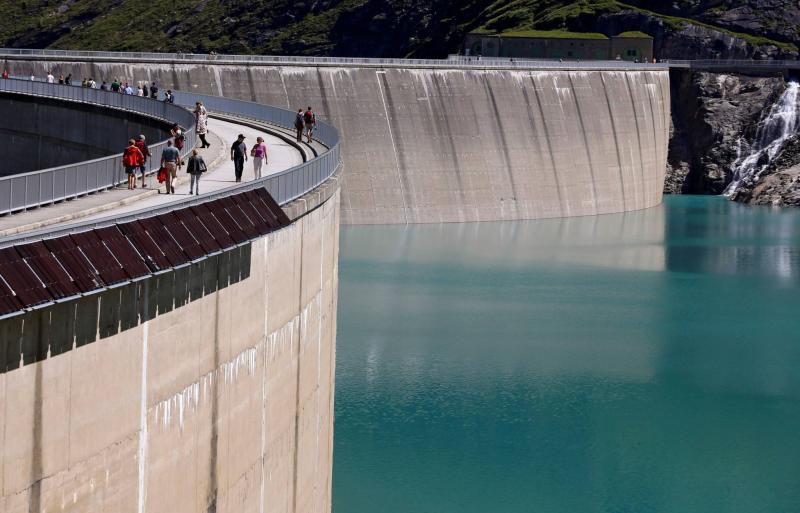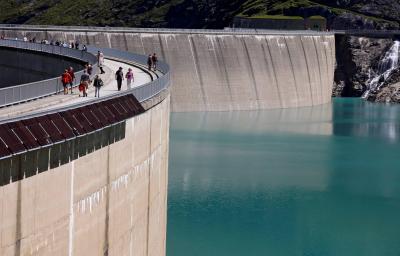A recent study, published today, Tuesday, indicates that the water levels in global reservoirs have decreased over the past twenty years despite a construction boom that has led to increased storage capacity. This suggests that new dams will not be sufficient to address the growing pressure on the world's water supplies. The study, published in the journal "Nature Communications," noted that satellite data showed a decrease in water levels across 7,245 reservoirs worldwide between 199 and 2018, despite an annual storage capacity of 28 cubic kilometers.
An expert from Texas A&M University stated that climate change has been a "critical factor" in reducing the efficiency of water reservoirs, along with increased water demand. He added, "Even if temperatures stop rising, the increased demand and new constructions will continue."
The decline in water levels in reservoirs is concentrated in the south, particularly in Africa and South America, where water demand is rising rapidly and new reservoirs are not filling as quickly as expected. The United Nations University for Research stated in January that the study does not account for the effects of sedimentation, a persistent issue expected to reduce storage capacity by a quarter by 2050. Prolonged droughts have raised doubts about the viability of large reservoirs.




